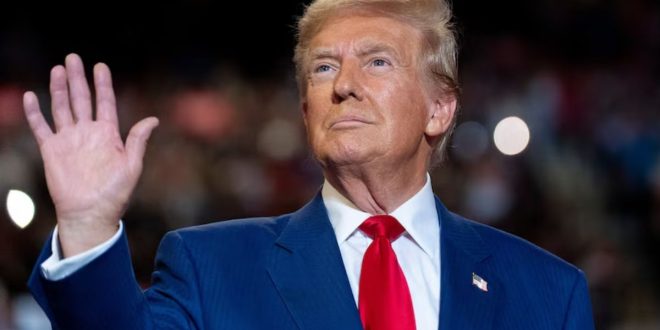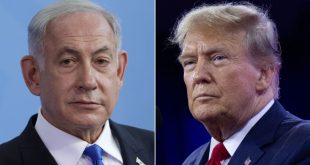Washington: US President Donald Trump said that his government will soon impose retaliatory tariff on countries like India (‘India ) and China. He reiterated what he said during Prime Minister Narendra Modi’s recent visit to the US. Trump was speaking at the swearing-in ceremony of Commerce Minister Howard Lutnick. Trump said in Washington, “We will soon impose retaliatory tariff. This means that they charge us, we charge them. It is very simple. Any company or country, like India or China or any other, whatever they charge, the same. We want to be fair… hence retaliatory tariff. Retaliatory means, ‘They charge us, we charge them’.”
‘India will not get exemption’
Earlier, Trump had said on Tuesday that he had made it clear to Prime Minister Narendra Modi that India will not be exempted from Washington’s retaliatory tariffs. He said, “No one can argue with me on the issue of tariffs.” Trump made these comments during an interview with Fox News. Fox News aired a joint television interview with President Trump and billionaire Elon Musk on Tuesday night. On February 13, a few hours before Prime Minister Modi’s bilateral meeting with Trump at the White House, the US President announced retaliatory tariffs. Under this plan, the Trump administration will impose retaliatory tariffs of almost equal value on each foreign trade partner.
What is a reciprocal tariff?
First of all, understand what a tariff is. It is a tax imposed on goods coming from another country, which makes those foreign products expensive. Reciprocal means, ‘As you do, so will we do.’ That is, whatever tax the other country imposes on us, we will also impose the same on them. This policy is adopted to maintain economic balance. It has its own advantages and disadvantages. Reciprocal tariffs are imposed to maintain trade balance, protect local industries, and prevent unfair business competition.
 Indian Thought Latest News & Views
Indian Thought Latest News & Views



